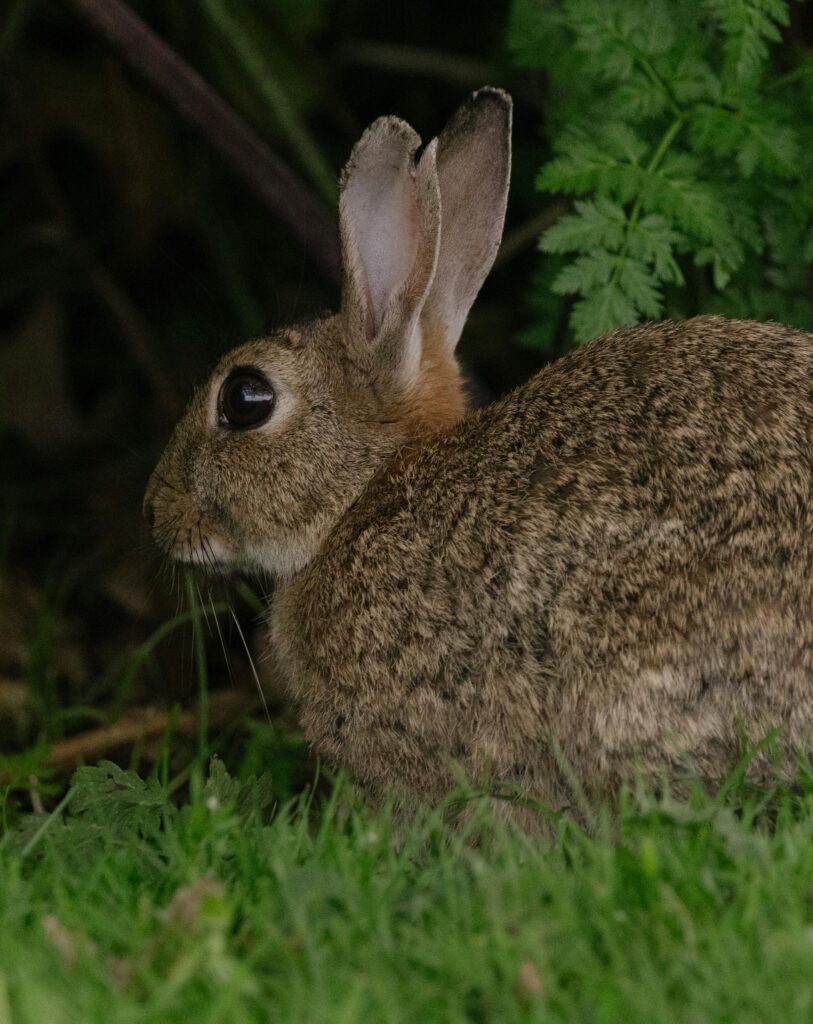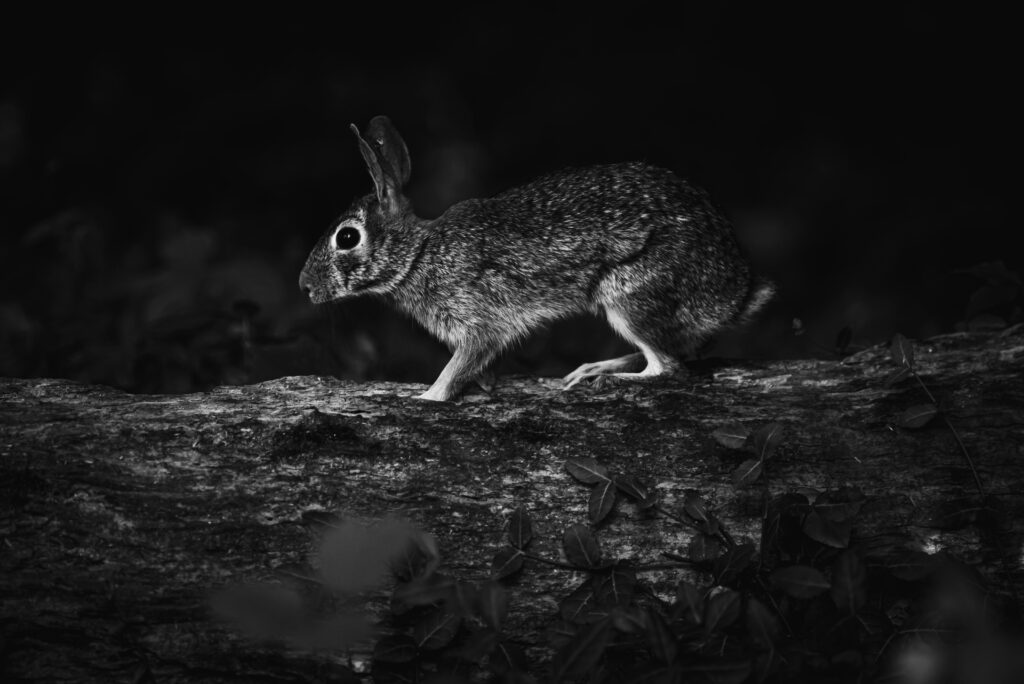Rabbits are fascinating creatures, known for their playful behavior and gentle demeanor. One common question people ask is whether rabbits are nocturnal. The answer is more nuanced than a simple “yes” or “no.” Rabbits are not nocturnal; instead, they are crepuscular, meaning they are most active during the early morning and late evening hours.



Related Topics: Golden Doodle Puppies: Dog Breed Characteristics & Care
What Does Crepuscular Mean?
Crepuscular animals are active during twilight periods—dawn and dusk. This behavior is a survival strategy. In the wild, rabbits face threats from predators like hawks, foxes, and other carnivores. By being active at dawn and dusk, rabbits avoid the peak activity periods of both diurnal (day-active) and nocturnal (night-active) predators.
Domestic Rabbits and Their Activity Patterns
Domesticated rabbits retain the same crepuscular tendencies as their wild counterparts. However, their activity levels can adjust slightly depending on their environment and the routine of their human caregivers. Many pet rabbits become more active during the times their owners are awake, as they associate these hours with food, play, and interaction.
Types of Rabbits
There are over 30 species of rabbits, spread across different habitats worldwide. These species can be broadly classified into two groups: wild rabbits and domesticated rabbits.
Wild Rabbits
Wild rabbits thrive in diverse environments, from forests to deserts. Some well-known species include:
- European Rabbit (Oryctolagus cuniculus): The ancestor of all domesticated rabbits, found in Europe, Australia, and parts of the Americas.
- Cottontail Rabbits (Sylvilagus spp.): Common in the Americas, these rabbits are named for their fluffy white tails.
- Amami Rabbit (Pentalagus furnessi): An endangered species native to Japan’s Amami Islands.
Domesticated Rabbits
Domesticated rabbits are bred for companionship, show, or agriculture. Popular breeds include:
- Netherland Dwarf: Known for their small size and playful personality.
- Flemish Giant: One of the largest rabbit breeds, often exceeding 20 pounds.
- Lop Rabbits: Recognized by their floppy ears, including breeds like the Holland Lop and French Lop.
Rabbit Behavior
Rabbits exhibit a wide range of behaviors that reflect their instincts and social nature.
- Communication:
- Rabbits communicate through body language, vocalizations, and scents.
- Thumping their hind legs is a warning signal for danger.
- A soft purring sound, produced by grinding their teeth, indicates contentment.
- Social Structure:
- Wild rabbits often live in groups called “colonies” or “warrens.”
- They are highly social and rely on each other for protection and companionship.
- Playfulness:
- Domesticated rabbits enjoy toys, tunnels, and interactive games.
- They often display a behavior called “binkying,” where they leap into the air and twist in joy.
Rabbit Habits
Rabbits are crepuscular, meaning they are most active at dawn and dusk. Their habits revolve around eating, grooming, and exploring.
- Diet:
- Rabbits are strict herbivores, feeding on grasses, leaves, and vegetables.
- Their digestive system requires a high-fiber diet, primarily hay, to stay healthy.
- Grooming:
- Rabbits are meticulous groomers, often licking their fur to stay clean.
- Mutual grooming among bonded rabbits strengthens their social bonds.
- Burrowing:
- Wild rabbits dig burrows for shelter, safety, and raising their young.
- Domesticated rabbits may exhibit digging behavior as an instinctual habit.
How to Support Your Rabbit’s Natural Rhythms
Understanding your rabbit’s crepuscular nature can help you create an environment that suits their needs:
- Provide Enrichment: Offer toys, tunnels, and space for exercise during their active hours.
- Respect Rest Times: Rabbits often nap during the middle of the day and late at night. Provide a quiet and safe area where they can relax undisturbed.
- Feed Appropriately: Schedule meals to align with their active times, such as early morning and evening.
- Engage in Play: Use their active hours to bond through play and gentle interaction.
While rabbits are not nocturnal, their crepuscular nature makes them unique among pets. By understanding and respecting their activity patterns, you can ensure your rabbit remains happy and healthy. Whether in the wild or at home, these charming animals thrive when their natural rhythms are supported.

There is visibly a bunch to identify about this. I consider you made certain good points in features also.